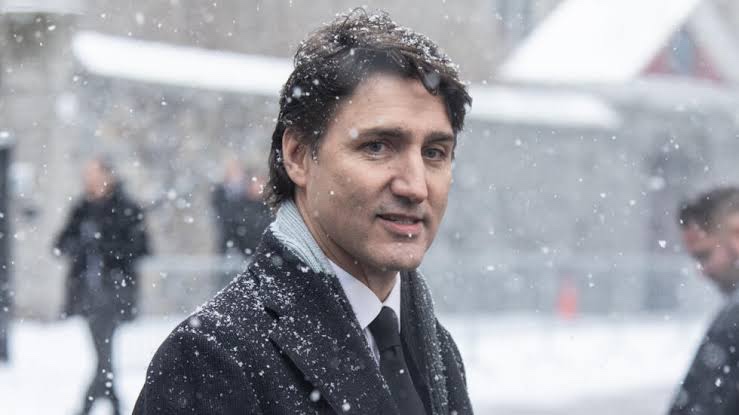Canada’s Trudeau faces opposition over carbon tax

Canadian Prime Minister Justin Trudeau is defending his stance that polluters should bear the burden of environmental costs, amidst growing pressure to abandon his key climate policy, the federal carbon levy.
The levy, imposed on various fossil fuels utilized by industries and individuals alike, is set to increase from Can$64 to Can$80 per metric ton of carbon on April 1. The objective is to drive down Canada’s carbon emissions by 40-45 percent below 2005 levels by 2030. However, as the levy contributes to rising household expenses amid inflation, resistance is mounting.

Seven provinces have urged the government to halt or cancel the increase, citing concerns about its impact on the cost of living. Newfoundland Premier Andrew Furey, a member of Trudeau’s Liberal party, recently joined conservative counterparts in calling for a pause, particularly until inflation stabilizes. Additionally, Saskatchewan has refused to collect and remit the tax to Ottawa.
Trudeau has already made concessions to the pressure, granting a three-year exemption on the tax for home heating oil in October. This move predominantly benefits the Atlantic region, where 24 Liberal House of Commons seats are at stake. However, criticism persists, exemplified by a recent parliamentary debate over a mushroom farmer’s substantial gas bill, underscoring the contentious nature of the policy.
Despite Trudeau’s defense of the carbon tax as a necessary step toward mitigating climate disasters, opposition remains fierce. Critics point to Canada’s history of failed climate plans and rising greenhouse gas emissions. With concerns about the soaring cost of living outweighing worries about climate change, public opinion is divided, with a significant portion advocating for the abolition of the carbon tax.
Trudeau continues to champion carbon pricing as an efficient means of reducing emissions across the economy, emphasizing its minimal impact on inflation. However, skeptics question the effectiveness of this approach, particularly in light of ongoing economic challenges and the pressing need for affordability measures. As Canada braces for potential natural disasters, Trudeau’s government faces a delicate balancing act between climate action and economic concerns, with the next election looming on the horizon.














